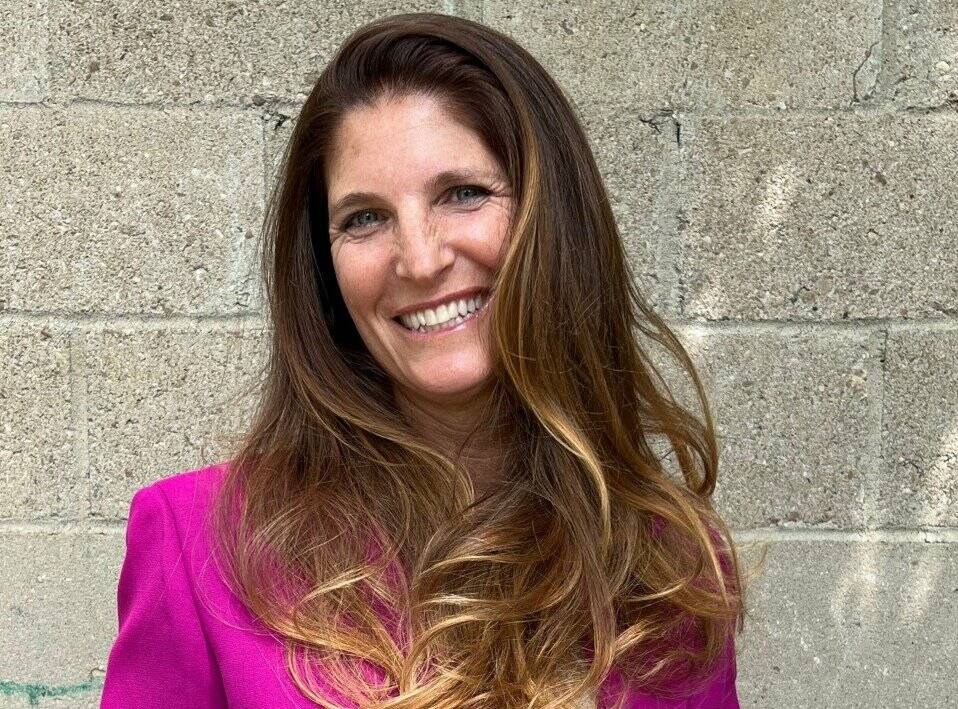Dear Lisi: We have five grandchildren, two of whom are three, one who is four, and the oldest is five. The issue is we want to have an “early Christmas” with them at our home before we leave for Arizona for the winter season. We have asked for the past three years but our daughters-in-law have said no to the idea.
We’d like to give our grandchildren their holiday gifts in our home, with our Christmas tree and a nice lunch etc. We really would love to share the happiness and fun that being with them would bring.
Flying back to Canada is something we have considered, but as travelling at Christmas is so stressful, we can’t do that partly due to health issues.
The issue is that my daughters-in-law think the children will get confused by having Christmas in early November. They both think the kids are too young to understand that Santa will come again on Dec. 25.
Since they were born, we’ve always given generous gifts for the parents to pass along to them on Christmas Day, explaining that they are from us. But we do not get to experience the joy of the kids opening them. Yes, we get promises of video and Zoom calls, etc., but that doesn’t happen in all the excitement of Christmas Day. Besides that, it’s just not the same as being with them.
Also, as the other sets of grandparents are there on Christmas day, they get gifts from our adult children — but we don’t because we are not physically there. It’s not that we need anything, it just seems a bit unfair.
Other than this issue, we have a terrific and very healthy relationship with our adult children and the grandkids. My main question is this: at what age do you think kids “get” the idea that Santa can visit them twice?
Grandparents wanting Christmas Cheer
To answer your main question, I did some research. The general consensus is that by age 10, children start to question the existence of Santa and his ability to fly around the world visiting every single home in one night. That same consensus was unanimous that children between two and six believe wholeheartedly in Santa and will accept anything you tell them about who he is and what he does. So, in your case, if ever, now is the time to have Santa visit your grandkids twice. And really only the five-year-old may wonder why Santa made an early trip, but his/her parents could get on board and together you could come up with a fantastic story.
Your daughters-in-law are being selfish, and not generous of spirit, which actually goes against Christmas. I would explain the situation to them again, expressing your desire to shower your grandchildren with love around the holidays, and your medical reasons for not being able to return.
As far as the gifts you’re not receiving, perhaps you could make a plan for the pre-December Christmas you create, and exchange gifts among the adults that day as well. Talk to your sons. The non-religious part of Christmas is all about family, food, fun and the spirit of giving.
Reader’s Commentary regarding the feedback about women dining with husbands who aren’t their own (Aug. 23/July 10):
“As a woman working in a male-dominated field, I have had dinners with many, many men without their wives. Whether I know them or not, I respect their wives. That’s why I never mention that they have nothing to worry about as I’m not attracted to their husbands; it might insult their choice. Chill out, sisters. Trust other women.”
FEEDBACK regarding the father-in-law who doesn’t speak to his daughter-in-law (Aug. 21):
Reader — “The column didn’t state the age of the father-in-law, but it sounds as if he is 60 to 65 years old. Although he might have a long history of grumpiness, if he has “some health issues,” such as diabetes, high blood pressure, etc., he is more likely to have underlying brain problems such as small subclinical strokes or early dementia.
“His daughter should contact his physician and voice her concerns so that the next time her father visits his physician, the latter can be aware of these problems and assess/investigate as needed.
“The Personal Health Information Protection Act (PHIPA) ensures that a patient’s medical history is private, so a doctor cannot divulge a patient’s medical history to relatives unless the patient is incompetent and has given over power of attorney for health care. But the family doctor can listen to relatives’ observations and concerns.”
Retired physician
Ellie Tesher and Lisi Tesher are advice columnists for the Star and based in Toronto. Send your relationship questions via email to [email protected] or [email protected].



